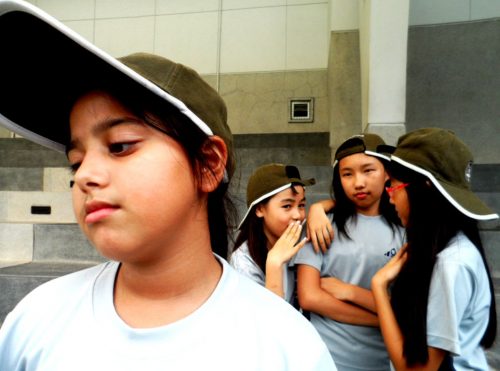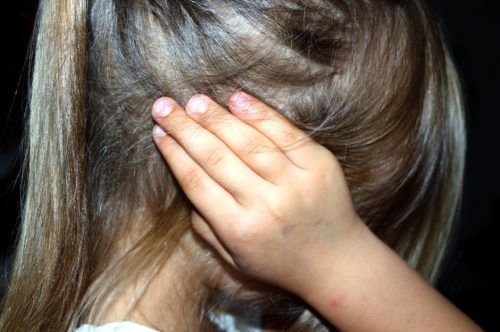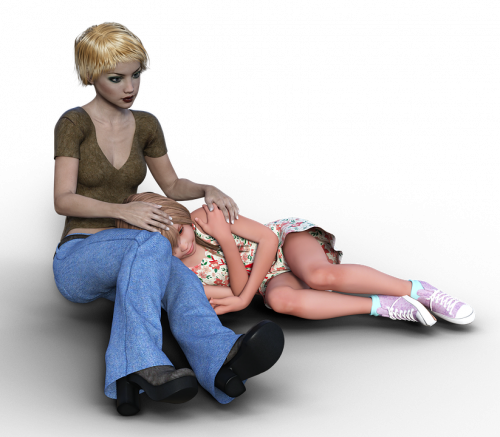The effects of bullying are among the most fought issues by psychiatrists. These effects result in a long-lasting and adverse impact on the mind, which can lead to psychiatric concerns. Bullying is a problem that prevents children from living a healthy life. However, how much do we know about it? What do psychiatrists say regarding this matter? Is it possible to prevent it? How can parents help if their children are victims or perpetrators of bullying?
 Source: flickr.com
Source: flickr.com
What is bullying
Psychiatrists say that bullying is a progressing and undesirably aggressive behavior between individuals involving a struggle for dominance. The actions of bullying may include verbal, social, and physical assault. Verbal form implies the use of words for taunting, teasing, threats, and inappropriate sexual annotations while social bullying involves harming an individual’s reputation or relationships by humiliating, spreading rumors, and other actions that can exclude them from having social relations. On the other hand, physical bullying is an act that injures an individual’s body or possessions by the use of force such as punching, kicking, tripping or pinching.
Effects of Bullying
 Source: pexels.com
Source: pexels.com
Studies have concluded that both victim and the offender of bullying have rates significantly surpassing those who are not engaged in bullying. The victims have higher rates of acquiring mood disorders such as nervous breakdowns, depression, anxiety, and sleeping issues according to psychiatrists.
“I was surprised that a decade down the road after they’ve been victimized, when they’ve kind of transitioned to adulthood, we would still see these emotional marks for the victims and also the bullies/victims,” says William Copeland, a clinical psychologist.
On the other hand, offenders have higher rates of becoming rebellious with disruptive behavior. The research concludes that both the victim and offender have the highest risk of acquiring a psychiatric disorder – seven times greater in comparison to individuals with no bullying experiences. It is advisable for these individuals to ask the help of a psychiatrist to inhibit the elevation of mental and emotional damage.
“There’s a connection between bullying in elementary school and middle school and adult criminal behavior. We need to get these kids off that trajectory,” Susan Swearer, PhD, says.
How Parents Can Help
Parents should always be on guard with the possibility of their child being a victim or a perpetrator. They should not be too unconcerned if their child shows signs of distress. Psychiatrists mention that it may be a sign of bullying.
- Pay attention – It is of utmost importance to listen to your children if they disclose anything about them being a victim of bullying. If you fail to attend to their concern, it would be challenging for them to talk about it to anybody. Many victims would choose to suffer in silence because they feel embarrassed, ashamed, and afraid.
- Tell them not to hurt others unjustly – It is heavily advised if your child is the bully. Parents need to make their children understand how important it is not to suppress and harm others unless it is self-defense.
- Don’t criticize your child – Encourage them and tell your children that they did the right thing. Try to emphasize that being bullied is not their fault. “Try to avoid questions like, ‘Did you say something to upset these people?’ or ‘Did you do something to them first?’” advises Katie Hurley, LCSW, a child and adolescent psychotherapist, parenting expert, and writer.
- Don’t be passive – Convince your child that you and those with authorization can make bullying stop. Reach for the anti-bullying program in their school if they have one.
 Source: pixabay.com
Source: pixabay.com
Bullying is a societal issue and not an individual problem. You as a parent should make your children understand this truth. It is the first step in fighting and addressing the troubles of bullying.